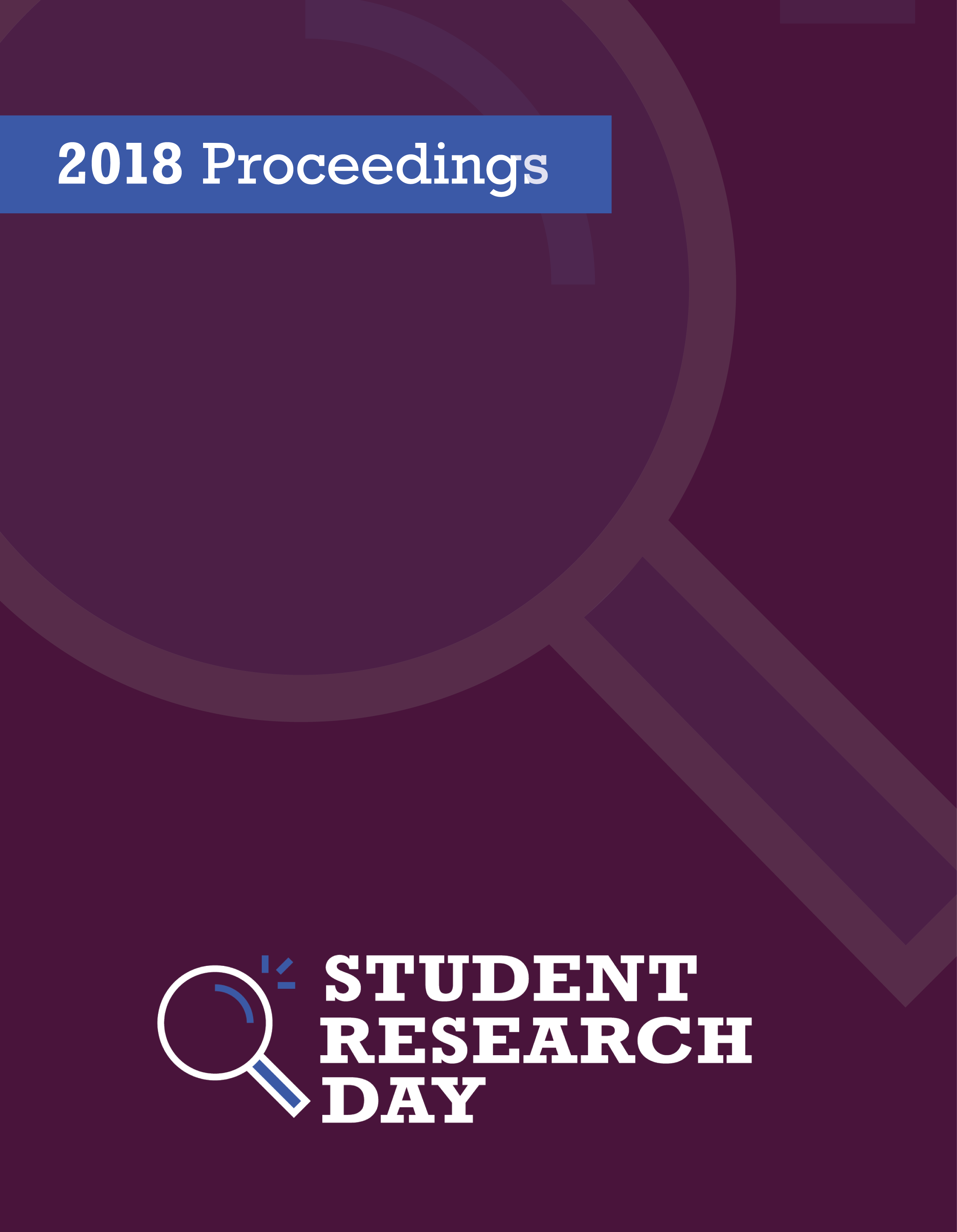Person-First Language
Does it Matter when Describing Persons Who Sexually Offended?
Abstract
Negative community attitudes towards persons who have sexually offended may be detrimental to community reintegration. Poor community reintegration is a problem as it is linked to various factors that increase the likelihood that a released person convicted of a sexual offense will commit another crime in the future. Past literature has found that the ‘sex offender’ label serves to exacerbate negative perceptions through perpetuating stereotypes that include ‘all persons who sexually offend are dangerous and incurable.’ Person-first language has begun to replace labels as a means to put the person before the behaviour and lessen the immediate negative response. The aim of this study was to test whether person-first language could result in less negative perceptions made about a fictitious person being released into the community following a conviction for sexual offending. Two hundred and ninety one Canadian participants read one of eight randomly assigned public announcement vignettes and then proceeded to answer questions regarding their perceptions of persons who sexually offend. The results indicate that the Canadian participants continued to endorse negative perceptions of the population irrespective of the label used, suggesting that the labels were not perceived differently. However, when a person-first label was compared to ‘rapist,’ and ‘pedophile,’ participants reported less negative perceptions pertaining to treatment amenability. Implications for how information is disseminated by the media to the public will be discussed.
Discipline: Psychology (Honours)
Faculty Mentor: Dr. Sandy Jung
References
Downloads
Published
Issue
Section
License
Authors retain any and all existing copyright to works contributed to these proceedings.



